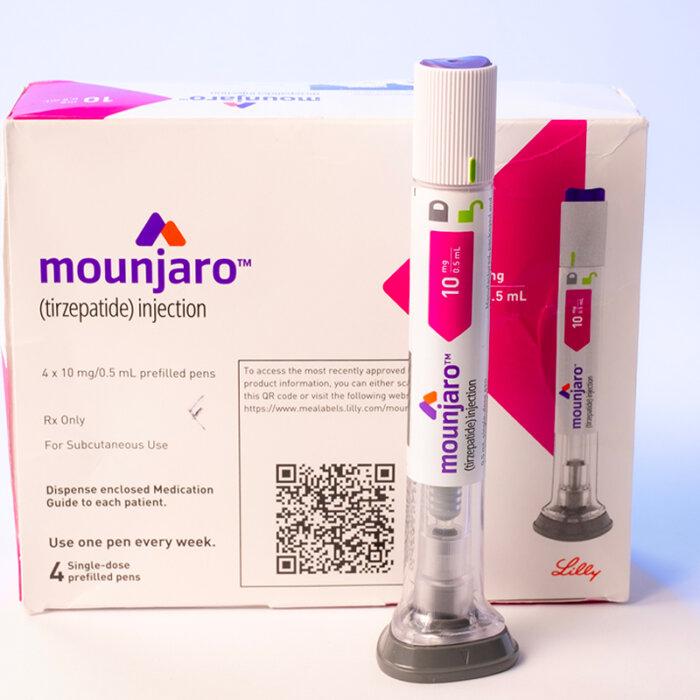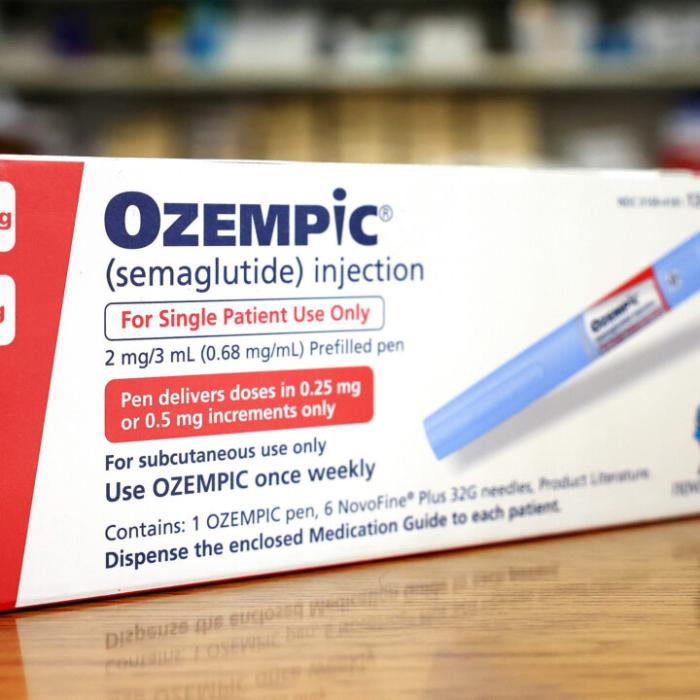The first NHS patients have been treated with a weight-loss pill that contains a gastric balloon, the Somerset NHS Foundation Trust has reported.
The new type of weight-loss treatment is meant to make patients feel fuller for longer. The delivery of the treatment takes around 15 minutes.
Consultant bariatric surgeon Richard Welbourn, from Somerset NHS Foundation Trust, said, “We are very pleased to be able to offer this new treatment, a first for the NHS.”
He added that patients must follow a balanced nutrition and fitness plan as part of “meaningful weight loss” offered by the pill.
The treatment has been approved by the National Institute for Health and Care Excellence (Nice). The first two NHS patients received the treatment at Musgrove Park Hospital, part of Somerset NHS Foundation Trust.
The gastric balloon takes up space in the patient’s stomach, helps reduce food intake and slows the passage of food through the body.
It comes in the form of a small, vegan capsule. Once in the patient’s stomach, a doctor inflates the balloon with 550ml of water, using a catheter or a tube.
Patients require an X-ray to confirm the balloon’s position. A second X-ray tells the doctor whether or not the balloon is full and sitting well in the stomach. The tube is then removed.
The balloon automatically deflates and passes out of the body naturally after approximately 16 weeks.
Allurion describes the gastric balloon treatment as a “safe and temporary solution.”
“People with severe obesity are prone to diseases, such as type 2 diabetes, which can be reversed with weight loss. The Allurion balloon is a 15-minute outpatient procedure, and is swallowed, so there’s no need for an endoscopy, hospital bed, theatre time or anaesthetic, which is better for the NHS and a much-improved experience for our patients,” said Mr. Welbourn.
Adequacy
Allurion has been in talks with the NHS about making the treatment available for patients since it was approved in 2020.In 2020, Nice published its recommendations on the efficacy of swallowable gastric balloon capsules for weight loss.
For those, seeking long-term wight loss, the efficacy of the treatment was found “inadequate.”
Among the complications listed were dehydration, readmission, re-operation and necessitated intervention within the first 30 days.
The NCBI added that serious adverse events from the balloon, such as gastric perforation, balloon migration, and mortality, are rare.
Obesity
The Allurion gastric balloon treatment is now available to NHS patients who suffer from severe, complicated obesity.A further three patients are due to have the balloon placed in February and up to a dozen others scheduled to have the procedure throughout 2024.
Tirzepatide has not yet been recommended on the NHS, but is approved by the service to treat type 2 diabetes.
To help tackle obesity, the NHS launched a weight-loss jab Wegovy in September. Wegovy and Ozempic are brand names for semaglutide.
Side effects of Wegovy and Ozempic injections have been highlighted by experts, who cited risks including kidney failure and abnormal dreams.







